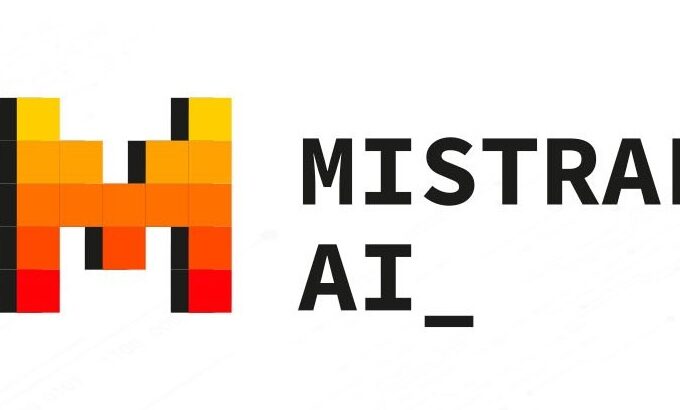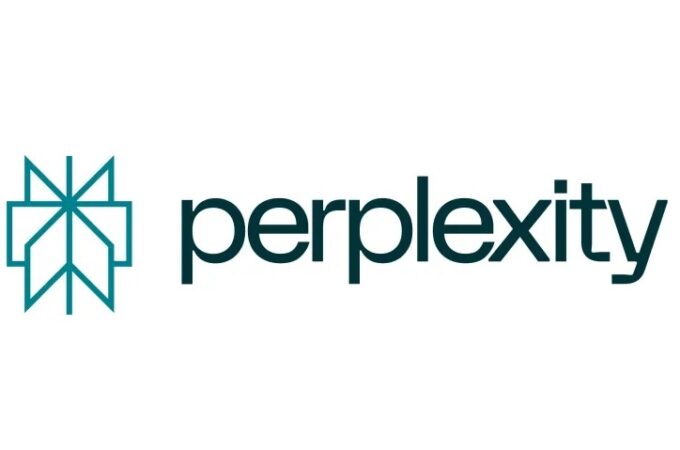
Conde Nast Strikes Content Deal with OpenAI, Boosting AI-Powered News Discovery
In a significant move in the evolving relationship between media and artificial intelligence, publishing powerhouse Conde Nast has announced a multi-year partnership with OpenAI, the Microsoft-backed AI company behind ChatGPT and other cutting-edge language models.
Through this agreement, OpenAI will be able to display content from Conde Nast’s prestigious portfolio of brands, including Vogue, The New Yorker, GQ, Vanity Fair, and Wired, within its AI-powered products. This includes the company’s ChatGPT chatbot as well as its upcoming SearchGPT prototype, a search-oriented version of its popular conversational AI.
“It’s crucial that we meet audiences where they are and embrace new technologies while also ensuring proper attribution and compensation for use of our intellectual property,” said Conde Nast CEO Roger Lynch in a memo to employees. “This partnership with OpenAI begins to make up for some of that revenue, allowing us to continue to protect and invest in our journalism and creative endeavors.”
The deal marks the latest in a series of content partnerships that OpenAI has struck with major media organizations, including The Atlantic, Axel Springer, the Financial Times, and Time magazine. These agreements allow OpenAI to leverage high-quality journalistic content to enhance its AI models and deliver more informative and authoritative responses to user queries.
“We’re committed to working with Conde Nast and other news publishers to ensure that as AI plays a larger role in news discovery and delivery, it maintains accuracy, integrity, and respect for quality reporting,” said Brad Lightcap, COO of OpenAI.
The partnership comes at a critical juncture for the media industry, which has faced significant challenges in recent years as technology companies have disrupted traditional revenue streams. By collaborating with AI leaders like OpenAI, publishers hope to find new avenues for monetizing their content and staying relevant in an increasingly digital landscape.
However, not all media organizations have been eager to work with AI companies. The New York Times, The Chicago Tribune, and other outlets have filed lawsuits against OpenAI and other AI firms, alleging copyright infringement and unauthorized use of their journalistic content.
The NewsGuild of New York, which represents unionized Conde Nast editorial employees, has also expressed concerns about the potential impact of the OpenAI deal on its members’ work. The union is seeking additional details to ensure that journalists’ rights are protected.
As the AI revolution continues to disrupt the media landscape, the Conde Nast-OpenAI partnership represents an attempt to navigate these choppy waters and find a mutually beneficial path forward. The success of this collaboration, and others like it, will be closely watched by the broader industry as it grapples with the challenges and opportunities presented by the rise of artificial intelligence.



